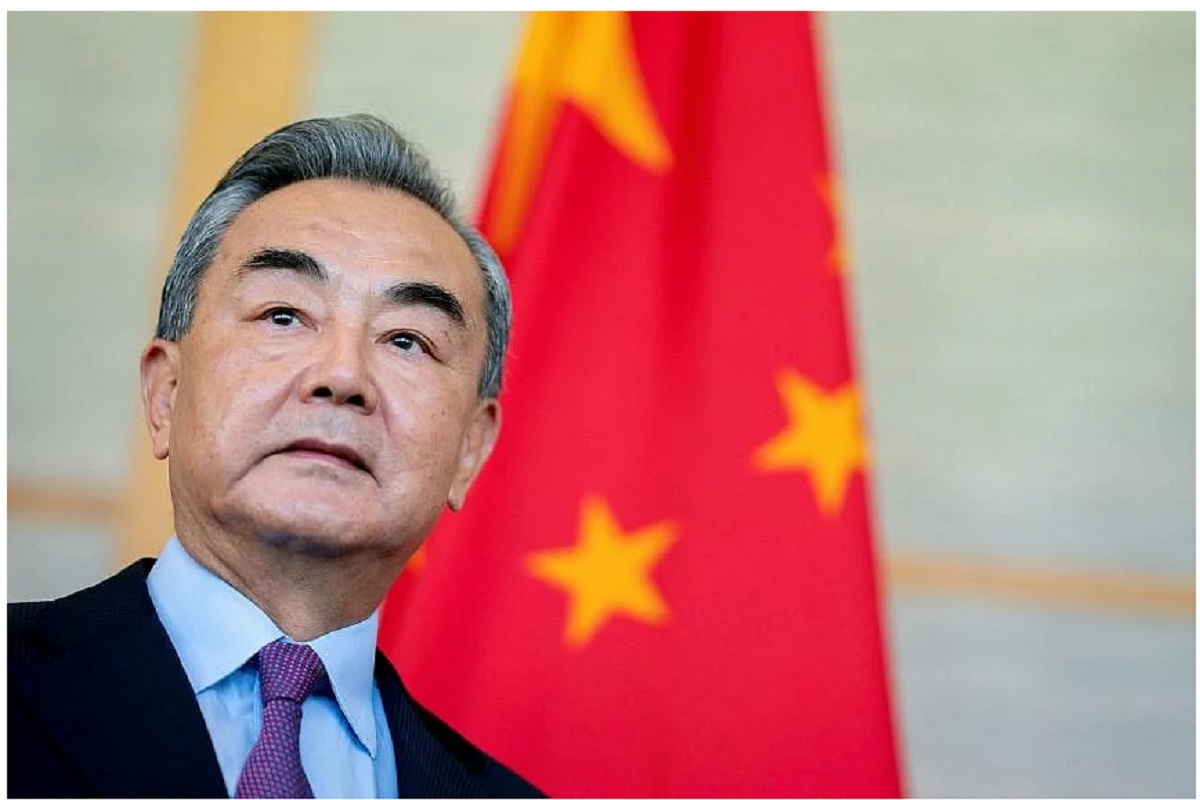The South China Sea is not a “safari park” for powers outside the region nor is it an arena for major power competition, Chinese Foreign Minister Wang Yi said on Monday (July 25), urging Asean nations to reject outside interference.
Speaking at an event to mark the 20th anniversary of the signing of the Declaration on the Conduct (DOC) of Parties in the South China Sea in November 2002, the top Chinese diplomat also pushed Asean states to reach an agreement with China on a Code of Conduct (COC) for the waterway.
Advertisement
Mr Wang described the COC, which will provide guidelines to help manage disputes in a peaceful manner, as an “enhanced and upgraded version” of the DOC.
As China attempts to step up its engagement with South-east Asia, the one-day workshop in Beijing provided a forum for cordial discussions. The participants included government representatives and academics from all 10 Asean countries and China.
Cambodian Deputy Prime Minister Hor Namhong, Malaysian Foreign Minister Saifuddin Abdullah and Myanmar Permanent Secretary for Foreign Affairs U Chan Aye also made opening remarks.
Speaking via video link, Mr Wang emphasised cooperation and working together to maintain peace in the waterway.
“We must continue to uphold the bottom line of peace,” he said. “The South China Sea is not a ‘safari park’ for countries outside the region, nor should it become a ‘fighting arena’ for major powers to compete.”
But there are major powers from outside the region who have been amplifying tensions within the neighbourhood on the pretext of cooperation, said Mr Wang.
“China and Asean countries should clarify our attitude: If you come for peace and cooperation, we welcome it; if you come for trouble and sabotage, please leave,” he said.
Although Mr Wang did not name any country, the United States frequently conducts what it calls freedom of navigation in the South China Sea, challenging what it says are restrictions on innocent passage imposed by China and other claimants to the South China Sea that is believed to have rich oil and gas deposits.
Beijing says it does not oppose freedom of navigation or overflight, instead accusing the US of deliberately stoking tensions.
China claims almost the entire South China Sea but there are competing claims from Brunei, Malaysia, the Philippines, Vietnam and Taiwan.
July 12 marked the sixth anniversary of a landmark case brought by the Philippines against China’s sweeping claims. An international tribunal ruled against China’s argument of historical rights – among other things – essentially invalidating its claims over the waters.
While this was a resounding victory for the Philippines, China has questioned the validity of the tribunal, rejecting it as null and void.
Negotiations on the COC have been delayed by the Covid-19 pandemic. While Beijing has been urging for parties to quickly come to an agreement, most Asean states have been unwilling to conduct negotiations online, and also cannot agree on certain areas. These include what form dispute resolution mechanisms would take.
“Countries in the region, especially China, hope to advance the general direction of the rectification and consultation as soon as possible,” said Dr Wu Shicun, president of China’s National Institute for South China Sea Studies, on the sidelines of the workshop.
“(But) now there is external interference, the United States is interfering,” he said.











